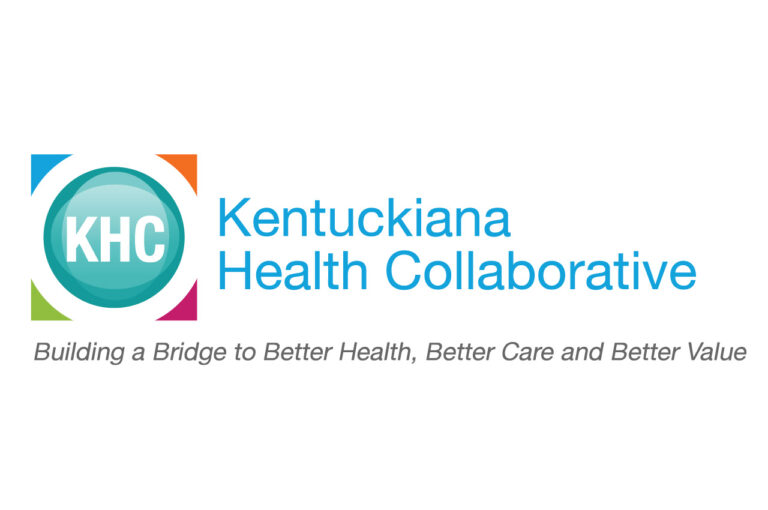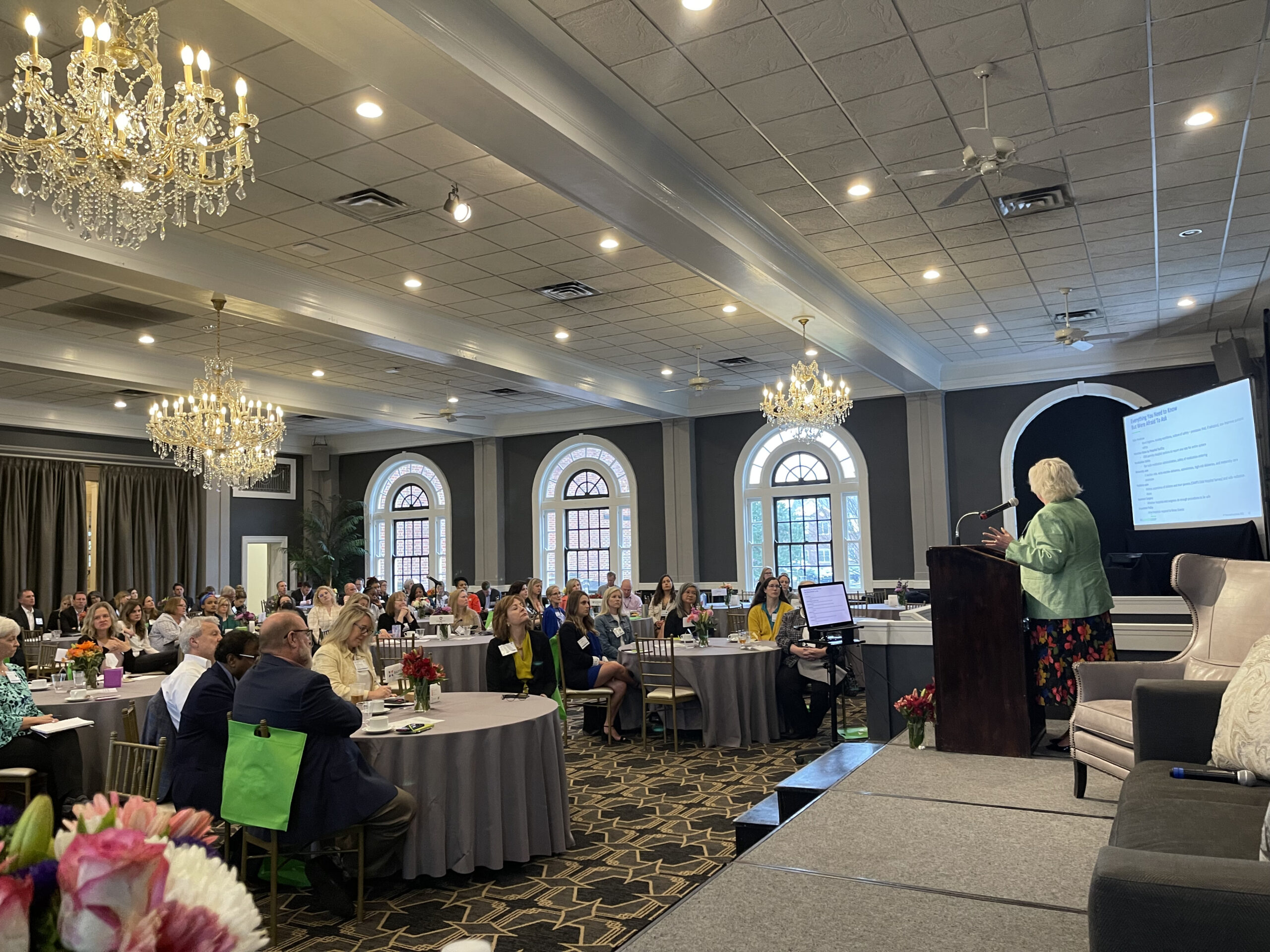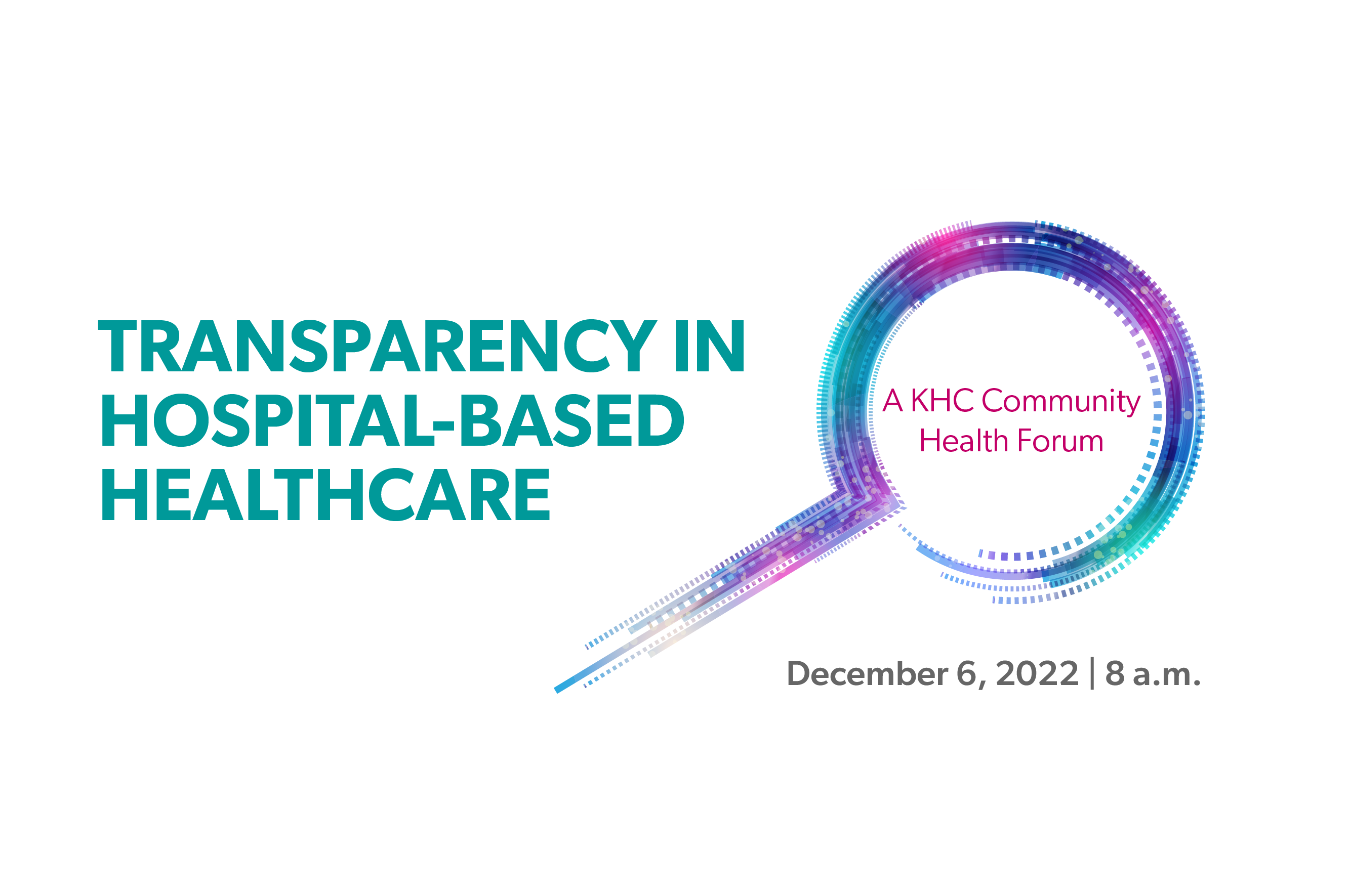The KHC 2020 Annual Conference was one of the first event casualties of the COVID-19 pandemic, as the World Health Organization officially classified it as a pandemic on March 11, the day of the conference. Three days before this, Louisville recorded its first known case of COVID-19, otherwise known as the coronavirus.
Because of this, the KHC had to quickly pivot its largest annual event, expecting well over 200 participants, to a virtual event in less than two days. We will soon publish another post with a summary of the conference, detailing those changes, but one of the unexpected benefits of working with an online event platform was the interaction that attendees were able to have with speakers and panelists.
There was a question and answer tool that attendees could utilize during a presenter’s session, and they could answer those questions at the end of each session. However, as often is the case, many times there were more questions than time for answers. This platform allowed presenters to directly chat those questions to attendees without the need to wait for event organizers to follow up with presenters after the event.
Below are some of the follow-up questions that were answered. Some replies may have been modified to correct typos.
Opening Update of COVID-19 and Guidelines from Sarah Moyer, MD, Director of the Louisville Metro Department of Public Health and Wellness
Question: Any updates regarding children and pregnant women?
Answer: Children seem to be fine, pregnant women too, but unsure of effects on fetus since so new, so would put pregnant women in high risk category.
Session: Reframing Healthcare with a Marketing Mindset: A Roadmap for Creating Disruptive Change
Speaker: Zeev Neuwirth, MD | Chief Clinical Executive, Care Transformation and Strategic Services | Atrium Health
Question: Dr. Neuwirth, Interested in what your research and interviews shows regarding how we can better tackle social determinants of health – believe its well understood that SDOH influences up to 20-30% of outcomes.
Answer: Thank you for that question. I devote the last chapter of my book to this issue. I had wanted to include an entire section of the book to this topic. I consider the SDOH to be the other major reframe of our time! We must reframe healthcare with this in mind. I think Lynn Quincy is saying exactly what I would about it. The example I gave of Tony Slonim was an example of reframing HC to account for the SDOH reframe. Steve Klasko whom I also interviewed, from Jefferson, also focuses on this a lot. Again – so critical.
Question: Interested in your insight as to how Pharma manufacturers, as a key stakeholder in healthcare delivery, need to ‘reframe’ their mindset and approach to their partnership with IDNs, payers, employers – Right med to right patient at right time, etc.
Answer: So much to say here. One issue. is that of adherence with medication taking. What is pharma doing to reframe that? I think there is so much work that could be going on in the largest problem with meds – people don’t take them or don’t take them appropriately. I would love to have the opportunity to do a reframe session with pharma. Obviously – the elephant in the room – is the cost and rising cost of medications. How do we reframe that issue? Pharma has a tremendous opportunity here. In my recent talks I’ve begun to talk about leadership reframing itself. I think this is an even more fundamental issue. Again – happy to discuss further…
Question: Great presentation! How can individuals be given more choices–we are limited to choices governed by where we live, who we work for, whether we are are on Medicare or Medicaid, etc. How can we bring CityMD and ChenMed and other options to everyone?
Answer: It’s happening. ChenMed is going national. And there are others like it around. But I agree – the frustration in HC, from a consumer perspective, is limited choice, or perceived limited choice. But, choice is growing and it’s coming! And, people will vote with their feet and their wallets and their attention! Happy to help connect you with CityMD or ChenMed or others to bring it to your community or healthcare system.
Question: Dr. Neuwirth -Are you seeing any difficulty or opportunity around mental health integration in these primary care specializations?
Answer: Huge. opportunities in mental health. Again, so much to say here. I think BH can be reframed; and I believe it is. The current approach is inadequate and not sustainable. BH needs a fundamental reframe in healthcare!
Session: Multi-Stakeholder Approaches to Addressing the Social Determinants of Health and Improving Health Equity (PANEL)
Question: Question for all presenters … much of the focus here is optimizing patient experiences/outcomes through technology There is research that correlates human connection (physical presence, touch) to improved trust, patient engagement and positive health outcomes. How do we strike a balance?
Theresa Reno-Weber, President and CEO, Metro United Way: Thank you so much for this question. In reference to the United Community effort, the technology is meant to connect people to people. It is simply a tool to better coordinate warm hand-offs and share information in a HIPPA secure environment across organizations and sectors. It is not meant to remove the human connection, but better facilitate the connection to people, supports, and services available in our community.
Question: Theresa, please share what policy Metro United Way is working on to help patients with their healthcare?
Theresa Reno-Weber, President and CEO, Metro United Way: Thank you for the question. Please see our Public Policy agenda highlighted on our website: https://metrounitedway.org/join-us-in-the-fight/advocate/. Our current policy work is primarily focused on the SDOH.





